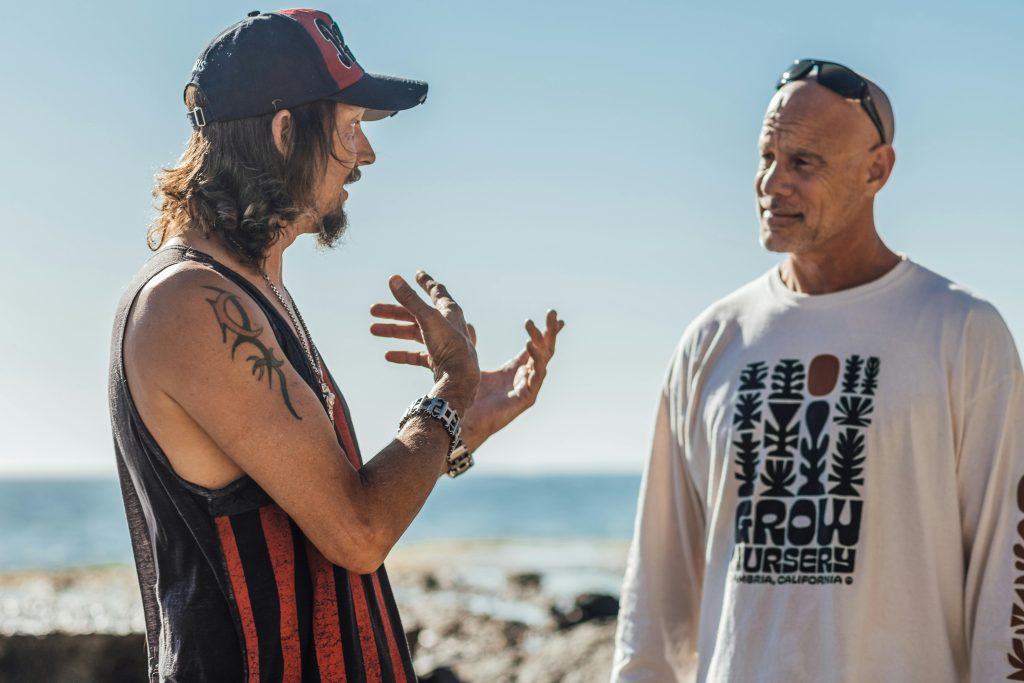Quick Summary for Families: What NOT to Say to a Loved One in Rehab
- Words matter, and mistakes can unintentionally trigger shame, guilt, or setbacks in healing.
- Avoiding blame, judgment, or false promises helps build trust and communication.
- Many phrases, while well-intentioned, can come across as dismissive or hurtful.
- The recovery journey is fragile, and language should always promote empathy and patience.
- Understanding what to avoid saying empowers families to support their loved one in rehab with care.
When someone you care about enters a drug or alcohol treatment center, emotions can run high, and communication often becomes a minefield. While you may have good intentions, certain words or phrases spoken without thought can create distance, damage trust, or even push your loved one in addiction treatment further away. Recovery is not just about detoxing or therapy; it’s also about rebuilding broken relationships and learning how to navigate emotions in a healthier, more compassionate way.

Common Things to Avoid Saying to a Loved One in Rehab
Here are 20 common things families should avoid saying to a loved one in rehab, along with explanations for why these phrases can do more harm than good.
1. “Why can’t you just stop?”
This question oversimplifies a very complex issue. Addiction is not a choice; it’s a disease. Your loved one in addiction treatment likely wishes it were that easy, too.
2. “You’ve ruined your life.”
Though addiction may cause damage, saying this puts your loved one in a hopeless frame of mind. Recovery is about rebuilding and reclaiming a life worth living.
3. “You’re being selfish.”
Addiction creates behavior patterns that can seem self-centered, but recovery is about breaking free from those patterns. Shaming them as selfish ignores the pain they’re working through.
4. “I miss the old you.”
This comment can evoke feelings of guilt and shame, suggesting that they are no longer worthy of love. Instead, express support for who they’re becoming.
5. “If you loved me, you’d stop.”
This phrase manipulates love and puts an unfair emotional burden on the person in recovery. Addiction is not a reflection of how much someone loves another person.
6. “How long do you need to be in there?”
This sounds like impatience and minimizes the healing process. Every loved one in rehab needs a different amount of time to recover, and there is no magic timeline.
7. “It’s all in your head.”
Dismissing addiction as a psychological weakness invalidates the real mental, physical, and emotional struggle your loved one in addiction treatment is facing.
8. “You’ve always been the problem in this family.”
This kind of blame breeds resentment and breaks down already fragile communication. Recovery is about building bridges, not burning them.
9. “Don’t expect me to forgive you right away.”
Forgiveness is a process, but making your loved one beg for it can stall their growth and make them feel undeserving of healing.
10. “So, are you cured now?”
Rehab is not a magical fix. It’s the beginning of a long journey. Asking this question shows a lack of understanding and puts pressure on your loved one in rehab to be perfect.
11. “You better not mess up again.”
Relapse is a part of many recovery stories. Threatening them with fear can create anxiety and self-doubt rather than confidence in their progress.
12. “Other people have it worse.”
Comparing suffering does nothing to validate your loved one’s experience. Each person’s journey is their own, and comparison only causes more shame.
13. “I don’t believe you’ve changed.”
Doubt can be damaging. Trust may take time, but it’s important to let your loved one in addiction treatment know that you’re open to seeing growth when it happens.
14. “We all have problems. You just took the easy way out.”
No one chooses addiction as an “easy” route. Recovery demands bravery, hard work, and a daily commitment to change.
15. “Can’t you just have one drink now?”
Offering or suggesting substance use, even casually, can be deeply triggering. This can lead to relapse or feelings of betrayal.
16. “You’re just like your [father/mother/etc.].”
Comparing your loved one to another person with a history of addiction perpetuates negative cycles and can make them feel doomed to repeat the past.
17. “You should be over this by now.”
Healing is not linear. Everyone’s timeline is different, and suggesting they’re “taking too long” only adds unnecessary pressure.
18. “Let’s not talk about it.”
Avoiding conversation altogether sends the message that addiction is shameful or taboo. Silence only deepens the isolation your loved one in rehab may already feel.
19. “This better be your last chance.”
Threatening withdrawal of support can make your loved one feel abandoned. Boundaries are important, but so is unconditional encouragement.
20. “I can’t deal with you anymore.”
While burnout is real, this phrase leaves no room for hope or repair. It’s okay to seek support for yourself, but avoid shutting down the possibility of reconciliation.
Final Thoughts: Lead With Love, Not Judgment
Your words hold power more than you realize. As your loved one in rehab navigates one of the most important and challenging chapters of their life, your support can be a major influence on their willingness to heal and grow. Communicating with empathy, patience, and understanding doesn’t mean ignoring your own feelings; it simply means choosing words that uplift rather than tear down. Every sentence you speak can either open a door to a deeper connection—or quietly close one without even realizing it.
If your loved one in addiction treatment is currently in a facility or you’re considering enrolling them in one, remember this: healing doesn’t just happen in therapy sessions; it happens in conversations, phone calls, letters, and visits. And the most meaningful words you can offer are often the simplest ones, such as “I’m proud of you,” “I believe in you,” and “I’m here for you.”
Need help finding the right words or support for your loved one’s recovery journey? Call CA Wellness Retreat at 888-245-5888 to speak with a caring admissions team member. We’re here to guide both individuals and families through every step of healing.









